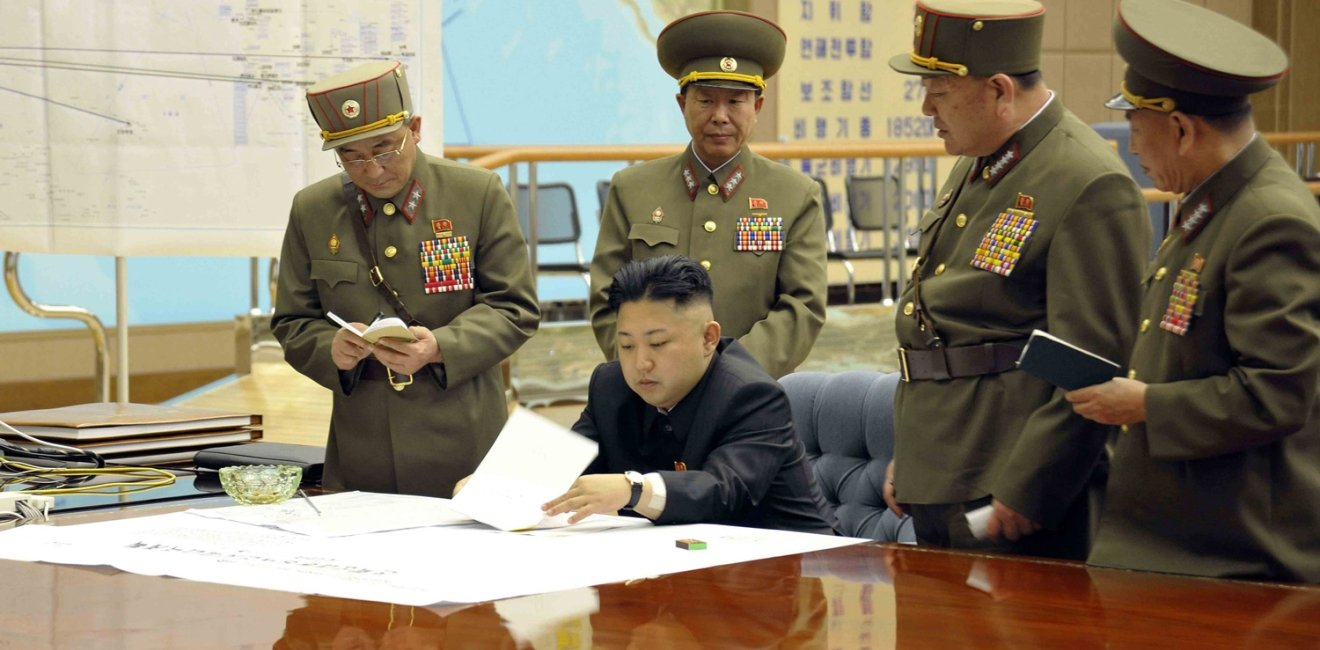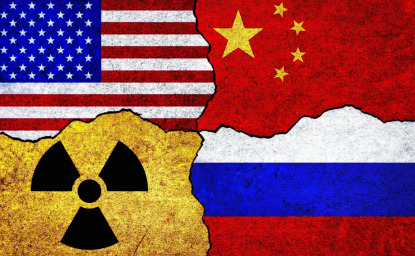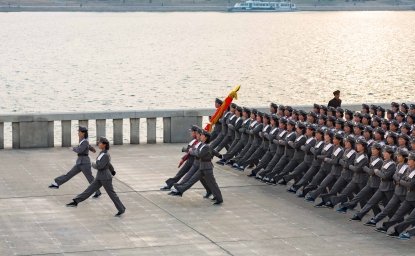There are only two ways the current crisis with North Korea will end: with war or with diplomacy. To avoid a devastating conflict that would threaten the lives of millions, the United States has an opportunity to refocus its diplomatic strategy and find a way to peacefully end this crisis before North Korea is able to present a nuclear “fait accompli.” This will require temporarily setting aside the issue of denuclearization for now and instead focusing on the primary cause of the current crisis, which is the accelerated pace and destabilizing effects of North Korea’s nuclear and missile tests.
The Trump administration has sought to “maximize pressure” against North Korea by intensifying economic sanctions and deepening Pyongyang’s diplomatic isolation. This strategy has had some tactical successes. Economic sanctions are stronger than ever, more countries have been expelling North Korean diplomats, and China is putting more pressure on North Korea. In addition, President Trump seemed to signal his preference for military options by tweeting that Secretary of State Rex Tillerson “is wasting his time trying to negotiate with Little Rocket Man” and that “we’ll do what has to be done.”
It seems these sanctions and rhetoric are designed to convince Kim Jong Un to negotiate on denuclearization, apparently based on an assumption that North Korea sees its nuclear program as negotiable. Unfortunately, everything Pyongyang has said or done under Kim Jong Un has been clear and consistent: North Korea sees nuclear weapons as necessary to preserve the regime and to deter attack. To threaten North Korea’s nuclear capabilities is to threaten the regime itself.
American strategy must consider the possibility that Kim Jong Un takes President Trump seriously, and that he may come to the conclusion that the United States is not interested in a peaceful solution to this crisis in which North Korea retains a nuclear capability. If Kim Jong Un indeed comes to this conclusion, he may feel he has no other choice than to further accelerate the development of these capabilities or, at worse, lash out against a United States he sees as determined to go to war.
"The United States should therefore open the door for a more realistic approach to negotiations that shows Kim Jong Un a peaceful way out."
The United States should therefore open the door for a more realistic approach to negotiations that shows Kim Jong Un a peaceful way out. The answer is not to abandon denuclearization as an ultimate goal, but rather to focus U.S. diplomacy on resolving the current crisis. While a State Department spokesperson has stated, “North Korean officials have shown no indication that they are interested in or are ready for talks regarding denuclearization,” this suggests that the prospects for diplomacy may not be dead, if the United States changes its focus. There is a difference between an unwillingness to talk, and an unwillingness to talk about denuclearization.
Insisting that negotiations must focus on denuclearization is to misunderstand the cause of this crisis. The current intensification of tensions is not the result of North Korea’s decades-long nuclear ambitions, but rather of the rapidly increased pace and success of North Korea’s nuclear and missile testing regimen. Focusing on denuclearization to resolve the current crisis is akin to insisting that the Soviet Union abandon communism during the Cuban missile crisis. It’s a significant problem, to be sure, but not the one to deal with today.
To back away from the brink, the United States should shift the focus of its diplomacy away from denuclearization and toward North Korea’s repeated testing of nuclear devices and ballistic missiles in direct violation of multiple United Nations Security Council resolutions. Halting these tests would serve the interest of the United States and our allies. North Korea’s nuclear and missile tests are highly destabilizing, and could spark an uncontrolled escalation of tension into an all out conflict. Moreover, they give Pyongyang more opportunities to perfect its technologies and take one step closer toward achieving a credible intercontinental nuclear capability. To halt testing would be to slow the pace of North Korea’s nuclear and missile programs and give more time for diplomacy to work.
Beijing has proposed a so-called “freeze for freeze,” in which North Korea would halt its illegal testing in exchange for a halt to major military exercises conducted annually by the United States and South Korea. This proposal has been rejected by Washington and Seoul, for good reason, as the exercises are entirely legal and bring stability to the region, whereas North Korea’s tests are illegal and highly destabilizing. Additionally, these exercises help ensure that the U.S. and South Korean military are ready to defend against the ever present threat of an attack from North Korea.
"There is no guarantee of success in diplomacy."
Yet this proposal should not be rejected out of hand. Rather, it should be considered the basis for preliminary negotiations. Perhaps a mixture of inducements and consequences could be created sufficient to halt these tests, defuse the current crisis, and open the door to future negotiations on the fundamental challenges of North Korea, including denuclearization. There is no guarantee of success in diplomacy. However, considering the consequences of conflict, this approach should be given every chance to succeed. If diplomacy is not attempted today, there may not be an opportunity to prevent a catastrophic war tomorrow.
The views expressed here are solely those of the author.
This article was originally published in The Hill.






